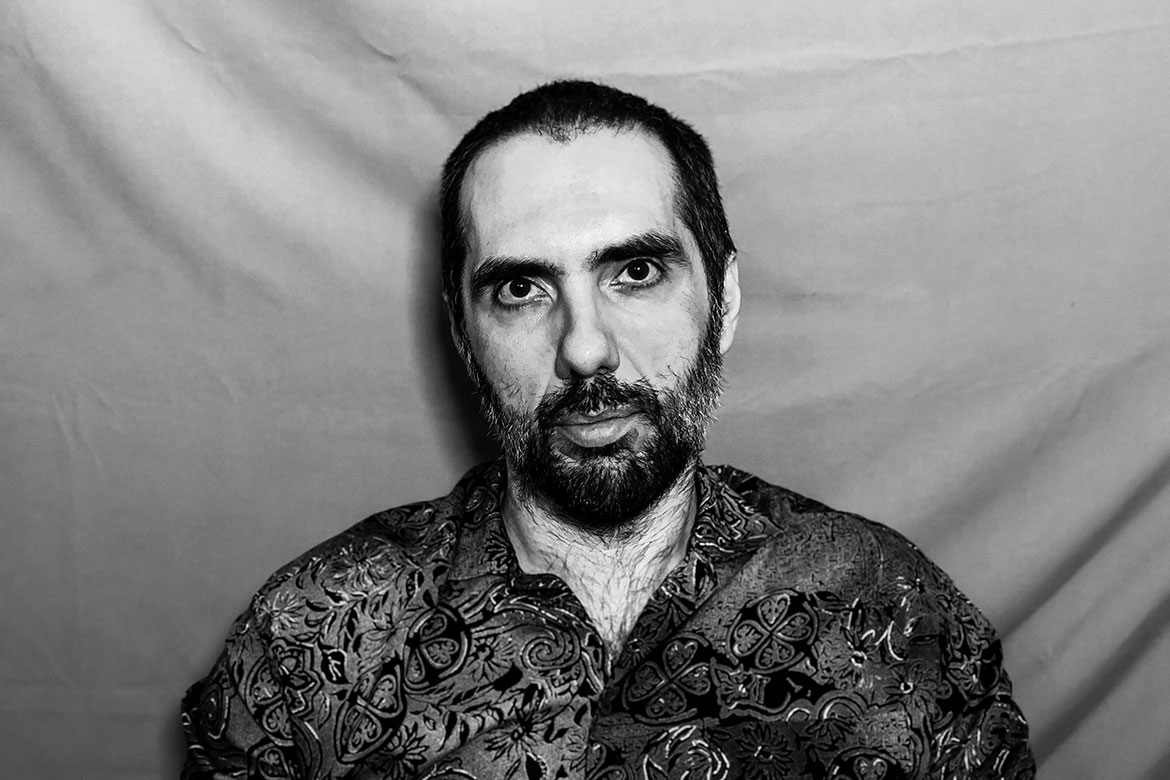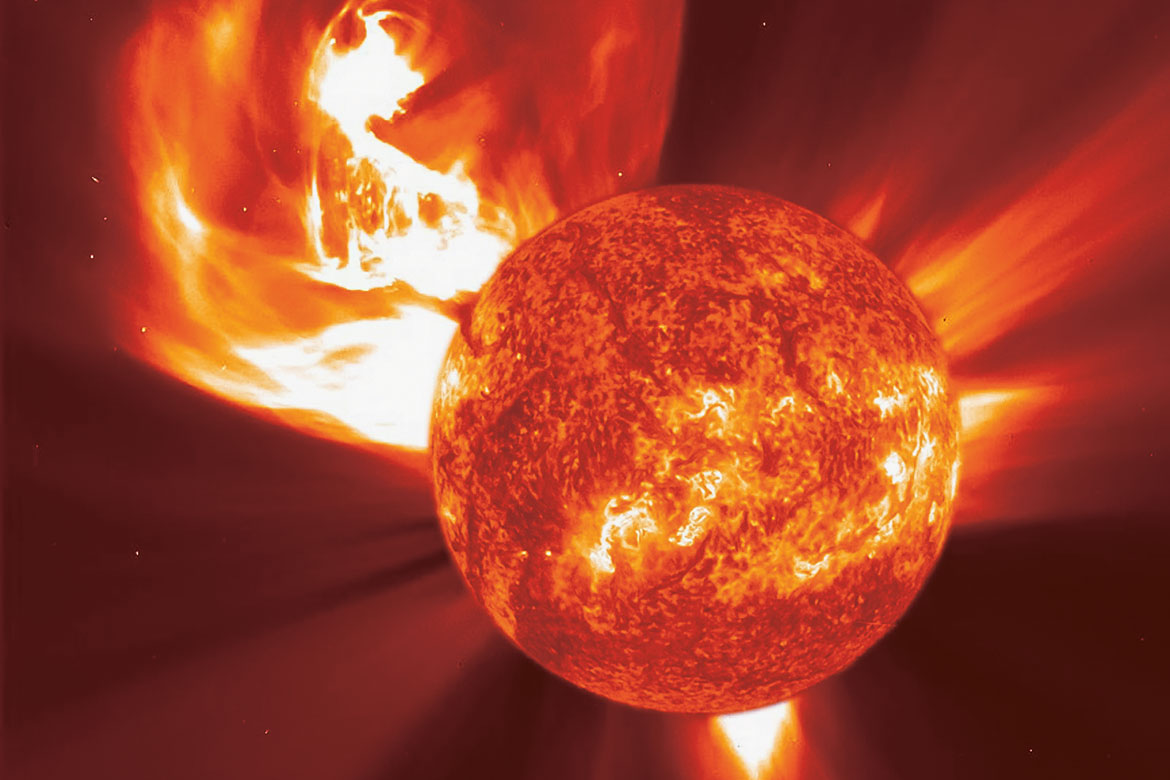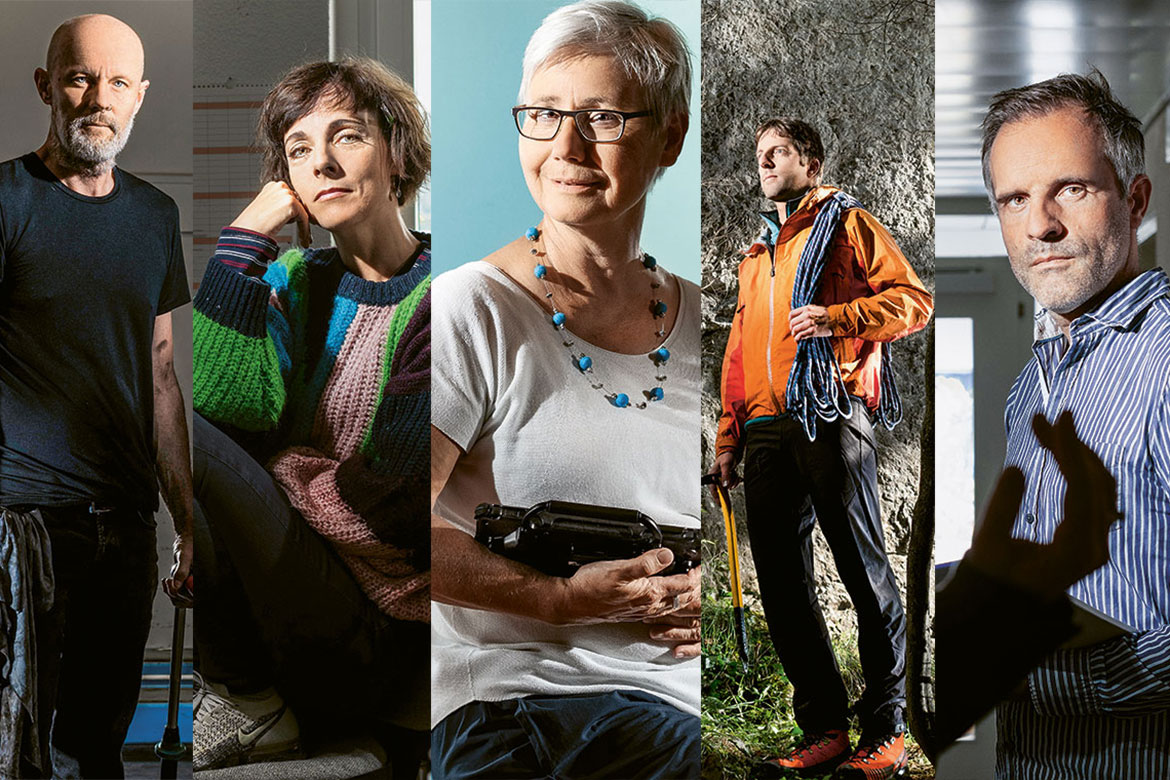PEOPLE
Into the light
Refusing to bow to insults, engaging more with the public, and delving into the smallest of particles: three researchers stand firm about their work.

Image: zVg
Sabine Süsstrunk was appointed President of the Swiss Science Council (SSC) in early 2021. This has garnered Süsstrunk, a professor at EPFL, a lot of media attention. She used a feature in the daily newspaper Neue Zürcher Zeitung to warn of “a major risk to Swiss research in our relationship with the EU”. This year’s negotiations on the European research programme ‘Horizon’ are fundamental to Switzerland, she said, because “you don’t conduct modern science on your own in a little room”. She went on to explain that the SSC achieves a lot through its background work in the political sphere, though it gets little public attention. This has to change, she believes. One exception was its report on equality of opportunity. “We were able to prove that equality of opportunity in access to education in Switzerland is not a given. This meant we were able to promote political change”.

Image: Vera Knöpfel/Universität
Susanne Wampfler, a professor of astrochemistry at the University of Bern, spoke about women in astrophysics on the Swiss TV programme ‘Einstein’, alongside two other women researchers. Afterwards, they were the object of defamatory comments. Wampfler used the daily newspaper Berner Zeitung to demand that this should not be dismissed as something trivial. “If there are no consequences, then the people that write these things will assume that making abusive comments on the Internet is permissible. But staying quiet is not an option either. We have no choice but to speak out, and we’ll grapple with the negative reactions when they come”.

Image: zVg
Nico Serra, a professor of experimental physics at the University of Zurich, has made the headlines. At the Large Hadron Collider (LHC) at CERN, he claims that he might have discovered a new particle. This would mean throwing out the Standard Model of particle physics that has remained valid for several decades. According to Serra himself, there is still insufficient data to be certain. But he told the Tages-Anzeiger newspaper: “If this is confirmed, it would be the biggest discovery in particle physics in recent decades”. He added: “We have to be sure about this, because the significance for physics would be vast. Extraordinary claims demand extraordinarily firm proofs”.




